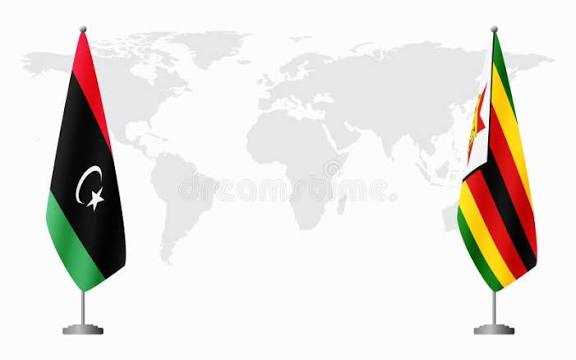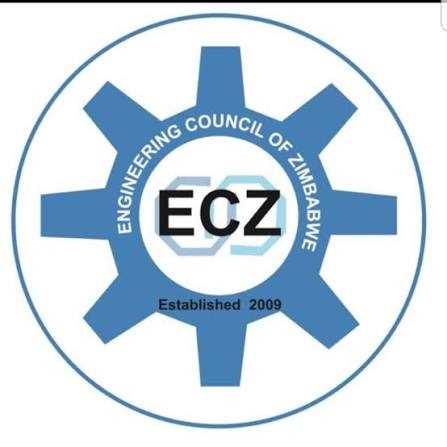
Zim Now Writer
The Consumer Council of Zimbabwe has called for an investigation of medical aid schemes for their conduct, particularly those that demand payment in foreign currency only, pushing up the cost of subscriptions.
CCZ executive director Rosemary Chikarakara-Mpofu said this while speaking during a panel discussion at the recent 14th stakeholders’ conference of the Association of Health Funders of Zimbabwe in Victoria Falls.
Chikarakara-Mpofu, who was presenting a paper on the need to prioritise and deliver affordable quality healthcare, said noted in particular the issue of unjustified increases in tariffs and contributions in United States dollar terms, adding that Zimbabweans have a tendency to “just hike premiums” without justifiable reasons.
“What consumers are expressing is very painful. We need to interrogate medical aid societies and service providers. These are sentiments coming from consumers,” she said.
Chikarakara-Mpofu encouraged both service providers and consumers to familiarise themselves with the Consumer Protection Act, which she said is there to protect users of services, adding that access to information is key to quality service.
“The law has been there since 2017 and it’s only now that it’s being implemented. Let’s get acquainted with the Act because consumers have been ripped off for a long time. It’s important that as medical aid societies, we get to understand what we are supposed to do to consumers,” she said.
Related Stories
“Consumers are not given information about medical aid schemes and employees are also not given the opportunity to choose the schemes they prefer as the employer would simply give them forms to sign for a certain provider. The consumer has a right to information so they can make informed decisions.”
Chikarakara-Mpofu appealed to service providers to consider the economic situation when setting prices, saying that the United States dollar was a stable currency, hence there was no need to hike fees in terms of that unit.
“What boggles consumers’ minds is that most service providers charge in United States dollars for services, and when suppliers’ costs increase even temporarily, service providers immediately increase charges but when the opposite happens, there is no decrease,” she said.
“There is no reason people should clamour to increase United States dollar tariffs. The problem with Zimbabweans is that we believe that after some time, we just have to increase prices. We are creating inflation unnecessarily. It’s unjustifiable.”
There were participants, however, who defended the increases, saying United States dollar tariffs were last revised in 2014.
They argued that people pay in local currency while service is rendered in US dollar terms since suppliers demand payment in foreign currency, creating gaps that fuel inflation.
Some also called for the implementation of the Abuja Declaration, which decreed that countries should at least allocate 15 percent of their budget towards health.




















Leave Comments